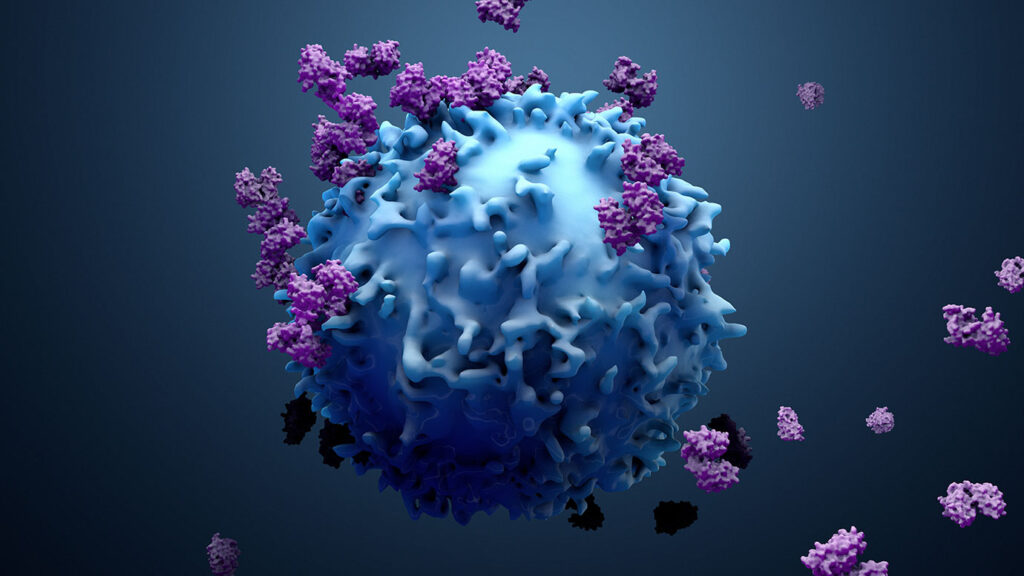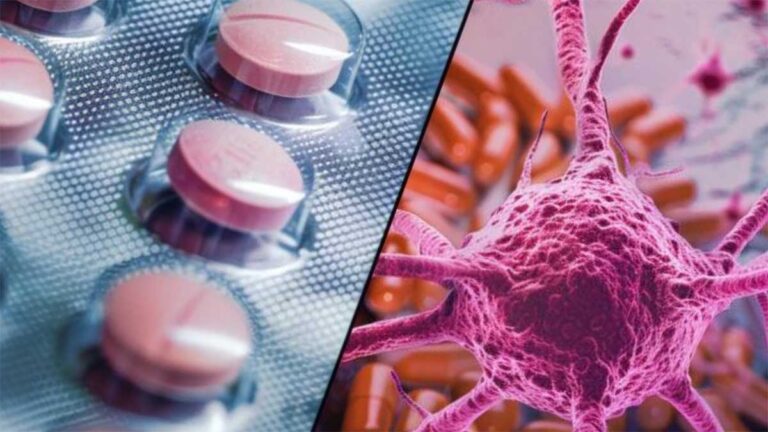Treatment Offered
Chemotherapy
Chemotherapy is a powerful cancer treatment that uses special drugs to destroy or stop the growth of cancer cells. It works by targeting rapidly dividing cells in the body, which includes cancer cells, but can also affect healthy cells—leading to side effects that vary from person to person. Chemotherapy may be used alone or in combination with surgery, radiation, or targeted therapy, depending on the type and stage of cancer. Administered through injections, IVs, or oral tablets, it plays a crucial role in shrinking tumors, preventing cancer spread, or reducing the risk of recurrence. With advancements in oncology, modern chemotherapy is now more personalized, precise, and better managed for improved patient comfort and effectiveness.

Immunotherapy
Immunotherapy is an advanced form of cancer treatment that harnesses the power of the body’s own immune system to recognize, attack, and destroy cancer cells. Unlike chemotherapy, which directly kills cancer cells, immunotherapy works by enhancing or restoring the immune system’s natural ability to fight the disease. It is especially effective in certain types of cancers like melanoma, lung cancer, and kidney cancer, and can be used alone or in combination with other treatments. With fewer side effects in many cases and the potential for long-term cancer control, immunotherapy represents a promising breakthrough in personalized cancer care.

Hormone Therapy
Hormone Therapy is a specialized cancer treatment that targets cancers fueled by hormones, such as breast and prostate cancer. It works by either lowering the levels of certain hormones in the body or blocking their effects on cancer cells, thereby slowing or stopping cancer growth. Hormone therapy can be used before surgery to shrink tumors, after treatment to reduce the risk of recurrence, or in advanced cases to manage the disease. It may involve oral medications, injections, or surgical procedures to remove hormone-producing organs. As part of a personalized treatment plan, hormone therapy plays a crucial role in improving outcomes and extending survival for hormone-sensitive cancers.

Hormone Therapy
Targeted Therapy is a cutting-edge cancer treatment that focuses on specific genes, proteins, or molecular pathways that contribute to cancer growth and survival. Unlike traditional chemotherapy, which affects both cancerous and healthy cells, targeted therapy is designed to attack only the cancer cells, minimizing damage to normal tissues and reducing side effects. It works by blocking the signals that cancer cells need to grow, dividing them or triggering their self-destruction. Targeted therapy is often used for cancers with known genetic mutations—such as lung, breast, and colorectal cancers—and is frequently combined with other treatments like chemotherapy or immunotherapy for improved results. This personalized approach represents a major advancement in precision oncology.

